Christianity & Politics
Examine the relationship of religion to politics through the work of canonical authors who wrestle with Biblical religion.
JUNE 23 – JULY 6, 2019
Washington, DC
What is the proper role of religion in public life? To what extent should religious belief shape our political discourse? How should religious leaders approach politics? How should political leaders approach religion? These questions have only gained salience in recent history. Religion and politics seem deeply intertwined in our current political moment, with religion defining the contours of many political and social debates in the U.S. today.
This two-week course will introduce students to the perennial and contemporary political, philosophical, and moral issues that bear on the topic of religion and politics. For the first week, students will consider the Biblical stories as philosophical texts, which address important questions for moral and political life. They will assess the impact and influence of Biblical ideas, and reflect on the relevance of those insights to our own lives and world today.
The second week will examine the ways in which religion and politics intersect in a liberal democracy. Among the questions students will ask are: What is the role of religion in a liberal democracy? How has the American experience been exceptional, and is the decline in religious affiliation, especially among younger generations, a cause for concern? What are the limits of religious tolerance and liberty in a diverse society?
Image: Thomas Cole, Cross at Sunset, 1848
This two-week course will take place in Washington, DC. It is a full-time commitment for Monday–Friday, with required sessions in the morning, afternoon, and some evenings.
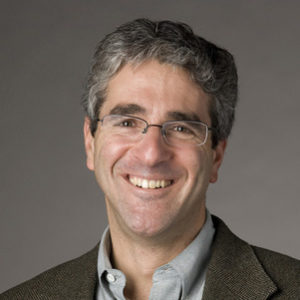
Laurence Cooper is Professor of Political Science at Carleton College. Most of his research has addressed the question of human flourishing—what it is, how we can know what it is, what it requires from education and politics, and the risks that arise from misunderstanding it.

Laurence Cooper is Professor of Political Science at Carleton College. Most of his research has addressed the question of human flourishing—what it is, how we can know what it is (if indeed we can know), what it requires from education and politics, and the risks that arise from misunderstanding it. In addition to a number of scholarly articles and chapters, he has published two books: Rousseau, Nature, and the Problem of the Good Life (1999) and Eros in Plato, Rousseau, and Nietzsche: The Politics of Infinity (2008). His present research is an inquiry into the possibility of popular enlightenment.
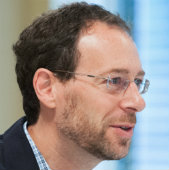
Bryan Garsten is Professor of Political Science at Yale University. He writes on questions about political rhetoric and deliberation, the meaning of representative government, the relationship of politics and religion, and the place of emotions in political life.

Bryan Garsten is Professor of Political Science and Chair of the Humanities Program at Yale University. He is the author of Saving Persuasion: A Defense of Rhetoric and Judgment (Harvard University Press, 2006), as well as articles and essays on questions about political rhetoric and deliberation, the meaning of representative government, the relationship of politics and religion, and the place of emotions in political life.
He is finishing a book called The Heart of a Heartless World that examines the ethical, political and religious core of early nineteenth-century liberalism in the United States and France. He has also edited Rousseau, the Age of Enlightenment, and Their Legacies (Princeton University Press, 2012), a collection of essays by the Rousseau scholar Robert Wokler. His writings have won various awards, including the First Book Prize of the Foundations of Political Theory section of the American Political Science Association.
He has served as Director of Undergraduate Studies for Yale’s major in Ethics, Politics and Economics and the Director of Graduate Studies for the Department of Political Science. In 2016 he founded the Citizens, Thinkers, Writers program for students in the New Haven public schools.
Books:
Readings:
Questions:
Readings:
Questions:
Readings:
Questions:
Readings:
Questions:
Readings:
Questions:
Readings:
Questions:
Readings:
Questions:
Readings:
Questions:
Readings:
Questions:
Readings:
Questions:
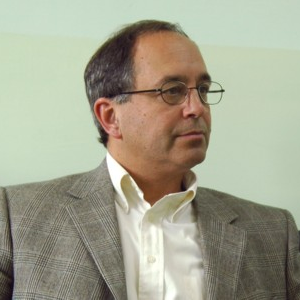
Joshua Mitchell
Joshua Mitchell is professor of political theory at Georgetown University. His research interest lies in the relationship between political thought and theology in the West.
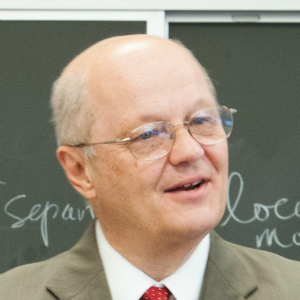
Robert Kraynak
Robert P. Kraynak is Professor of Political Science at Colgate University. He teaches courses in the fields of political philosophy and general education, including courses on American political thought, the history of Western political philosophy, natural law, religion and politics, and conservative political thought.
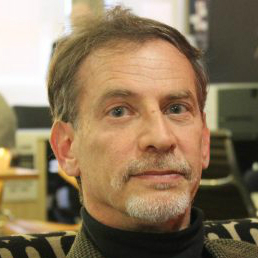
Darren Staloff
Darren Staloff is a retired Professor of History from the City College of New York and the Graduate Center of CUNY. Professor Staloff has published numerous papers and reviews on the subject of early American history.

Diana Schaub
Diana Schaub is a nonresident senior fellow at the American Enterprise Institute (AEI), where her work is focused on American political thought and history, particularly Abraham Lincoln, Frederick Douglass, African American political thought, Montesquieu, and the relevance of core American ideals to contemporary challenges and debates. Concurrently, she is Professor Emerita of Political Science at Loyola University Maryland, where she taught for almost three decades.
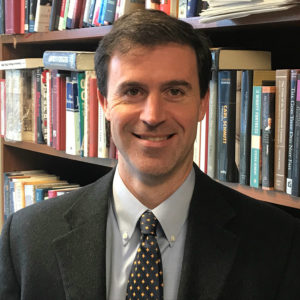
Richard M. Reinsch II
Richard M. Reinsch II is Editor-in-Chief and Director of Publications at AIER. He is coauthor, with the late Peter A. Lawler, of A Constitution in Full: The Unwritten Foundation of American Liberty.

Bryan Garsten
Bryan Garsten is Professor of Political Science at Yale University. He writes on questions about political rhetoric and deliberation, the meaning of representative government, the relationship of politics and religion, and the place of emotions in political life.

Benjamin Storey
Benjamin Storey is a senior fellow in Social, Cultural, and Constitutional Studies at the American Enterprise Institute (AEI), and co-director of AEI’s Center for the Future of the American University. He is concurrently an SNF Agora Fellow at Johns Hopkins University and a research fellow at the Civitas Institute at the University of Texas at Austin.
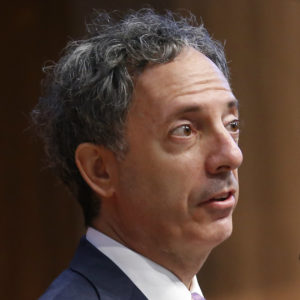
Peter Berkowitz
Peter Berkowitz is the Tad and Dianne Taube Senior Fellow at the Hoover Institution, Stanford University. He studies and writes about, among other things, constitutional government, conservatism and progressivism in America, liberal education, national security and law, and Middle East politics.